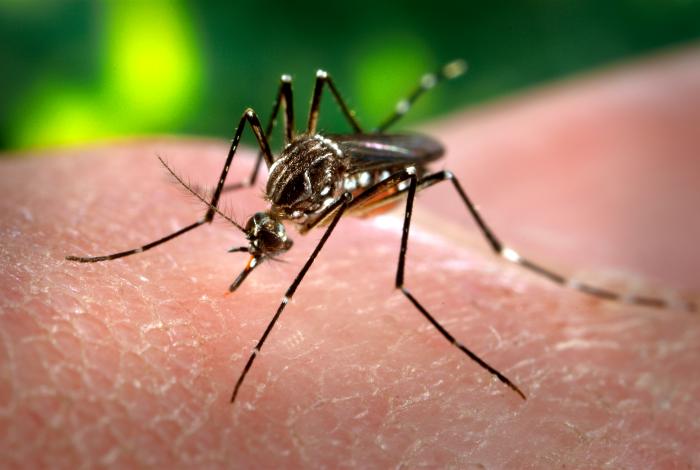A College of William and Mary student contracted the Zika virus while traveling in Central America during winter break, according to Vice President for Student Affairs Virginia Ambler ’88, Ph.D. ’06 in a campus-wide email.
The administration has consulted with staff at both the Centers for Disease Control and William and Mary’s Health and Wellness department and does not believe this exposure poses a health risk to anyone on campus.
The student is not currently experiencing symptoms and is expected to make a full recovery.
“The university learned about the diagnosis directly from the student, who is enrolled this semester,” Ambler said in an email.
“We have mechanisms in place to track William & Mary-related travel and the Reves Center will certainly work with anyone wishing to have more information or talk to someone who doesn’t feel comfortable traveling to a Zika infected country,” Vasquez said in an email on behalf of the Reves Center.
Ambler continued by saying the administration wanted to provide students the most up-to-date information from the CDC and the Reves Center for International Studies.
The Reves Center posted the CDC’s travel alerts for the Zika Virus Jan. 28. This was before the College became aware a student had tested positive, according to International Travel and Security Manager Nick Vasquez.
“We have mechanisms in place to track William & Mary-related travel and the Reves Center will certainly work with anyone wishing to have more information or talk to someone who doesn’t feel comfortable traveling to a Zika infected country,” Vasquez said in an email on behalf of the Reves Center.
The World Health Organization declared the Zika virus a global public health emergency Monday Feb. 1. This decision came in the wake of an Emergency Committee convened by director general Margaret Chan to gather advice about the severity of the health threat posed by Zika.
The CDC alert is Level 2, and recommends that travelers to affected regions practice enhanced precautions. The Travel Health Notices extend to parts of the Caribbean, Central America, South America, Cape Verde, Samoa and Mexico.
“Certainly Brazil is one of the countries most affected by the Zika virus, as well as Panama, Venezuela, El Salvador, Honduras and Guatemala,” Vasquez said in an email.
Vasquez recommended visiting the CDC’s website for more information about affected areas.
The Zika virus is spread by mosquito bites and travelers are advised to protect themselves by covering exposed skin, using permethrin-treated clothing, sleeping indoors and using EPA-registered insect repellents.
Hospitalization is uncommon and only one in five people infected become ill. For those who do experience sickness, the most common symptoms of the disease caused by the Zika virus are fever, rash, joint pain and conjunctivitis, according to the CDC’s website. Symptoms are generally mild and last between several days and a week.
There is currently no preventative vaccine or medication that treats the Zika virus.
There is a link between the Zika virus in pregnant women and microcephaly, a serious birth defect in which the baby is born with an abnormally small head and underdeveloped brain. Although little is known about this connection, the CDC recommends pregnant women avoid traveling to affected regions.
Vasquez and the Reves Center are monitoring the situation on campus. Additional information is available by contacting the Student Health Center at (757) 221-4386.

